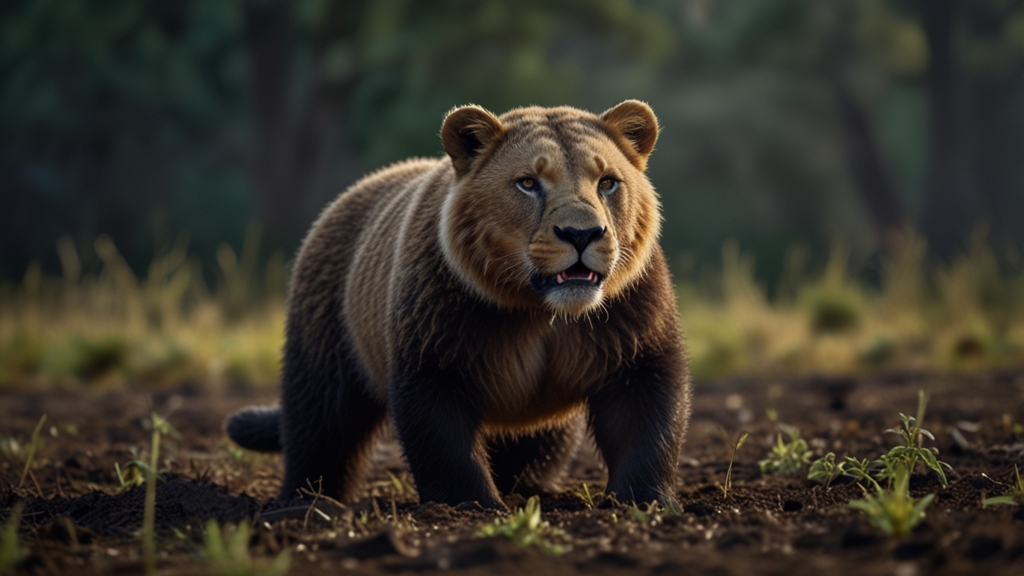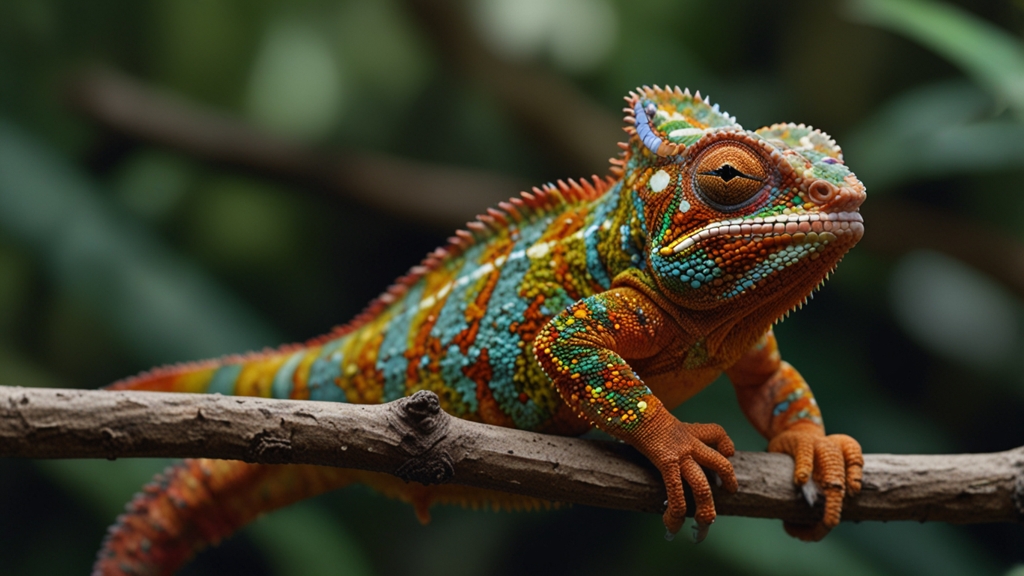Mammals in Peril: The Race to Save Earth's Most Endangered Species
The undeterred march of human progress has brought numerous conveniences and advancements to our lives, but it has also put several of Earth's most majestic mammals at the precipice of extinction. From deforestation and climate change to illegal poaching and habitat destruction, numerous factors threaten the survival of these incredible creatures. This article delves into the situation of some of the most endangered mammals, the perils they face, and the ongoing efforts to ensure their survival.
The Current State of Endangered Mammals
There are numerous mammals currently listed as endangered or critically endangered according to the International Union for Conservation of Nature (IUCN) Red List. Among these, the Amur leopard, Javan rhino, and the elusive Vaquita porpoise are just a few examples that stand out due to their critically low population numbers.
"The loss of these species would not only be an irreplaceable blow to biodiversity but also to the intricate web of ecosystems that these animals help maintain." — Dr. Jane Goodall, Primatologist and Conservationist
Primary Threats to Mammals
The challenges faced by endangered mammals are multifaceted and often interconnected. One of the leading causes of mammal endangerment is habitat destruction, often a result of illegal logging and agricultural expansion. This is particularly evident in tropical rainforests, which are home to a vast number of mammal species.
Climate change exacerbates these issues by altering habitats faster than species can adapt. Additionally, poaching and illegal trade continue to decimate populations, particularly of high-value animals like tigers and elephants, whose body parts are in high demand on the black market.
Conservation Efforts and Success Stories
Despite the grim statistics, conservation efforts worldwide are making significant strides in protecting these endangered mammals. Organizations such as the World Wildlife Fund (WWF), International Rhino Foundation, and Save the Elephants are at the forefront of groundbreaking initiatives aimed at saving these species.
"Conservation is a battlefield, but it is one we must fight on because the stakes are much too high." — Sir David Attenborough, Natural Historian
One inspiring success story comes from the efforts to save the giant panda. Once considered endangered, concerted efforts in habitat preservation, anti-poaching laws, and captive breeding programs have led to the species being downgraded to 'vulnerable' on the IUCN Red List. This proves that with coordinated effort and public support, it is possible to turn the tide for endangered species.
How You Can Help
Ordinary individuals also play a vital role in the race to save endangered mammals. Simple actions such as supporting ethical brands that do not harm wildlife habitats, donating to conservation organizations, and spreading awareness about the plight of endangered species can collectively make a huge impact.
Additionally, responsible tourism can contribute significantly to conservation efforts. Many wildlife reserves and national parks rely on funds generated by eco-tourism to finance their operations and anti-poaching initiatives.
Conclusion
The peril facing Earth's most endangered mammals is a stark reminder of the delicate and interconnected web of life that sustains our planet. While the challenges are significant, the combined efforts of governments, organizations, and individuals can and do make a difference. The race to save these incredible creatures is not just about preserving nature, but about safeguarding our future as well.
In the end, the fate of endangered mammals will reflect how much we value the richness of life on Earth. It is an imperative that requires our immediate and unwavering attention. As history has shown, when humanity unites for a cause, remarkable transformations are possible.
"The greatness of a nation and its moral progress can be judged by the way its animals are treated." — Mahatma Gandhi







